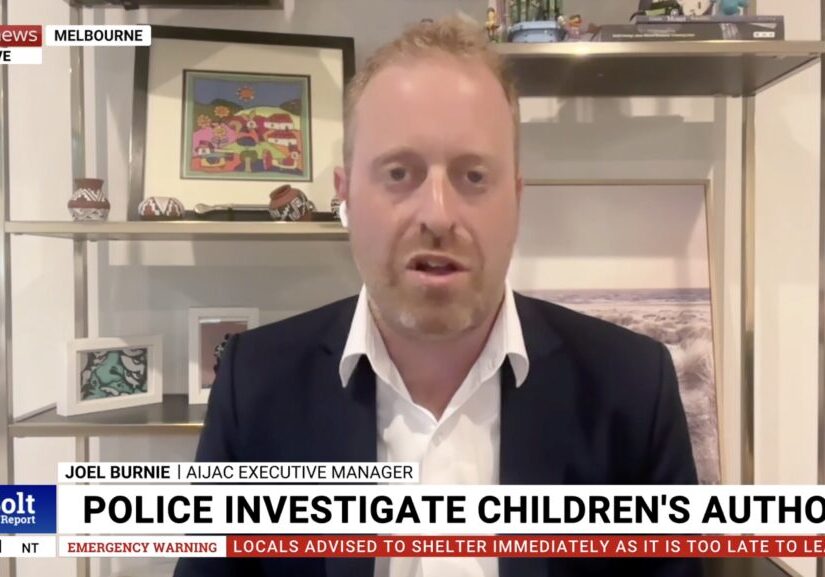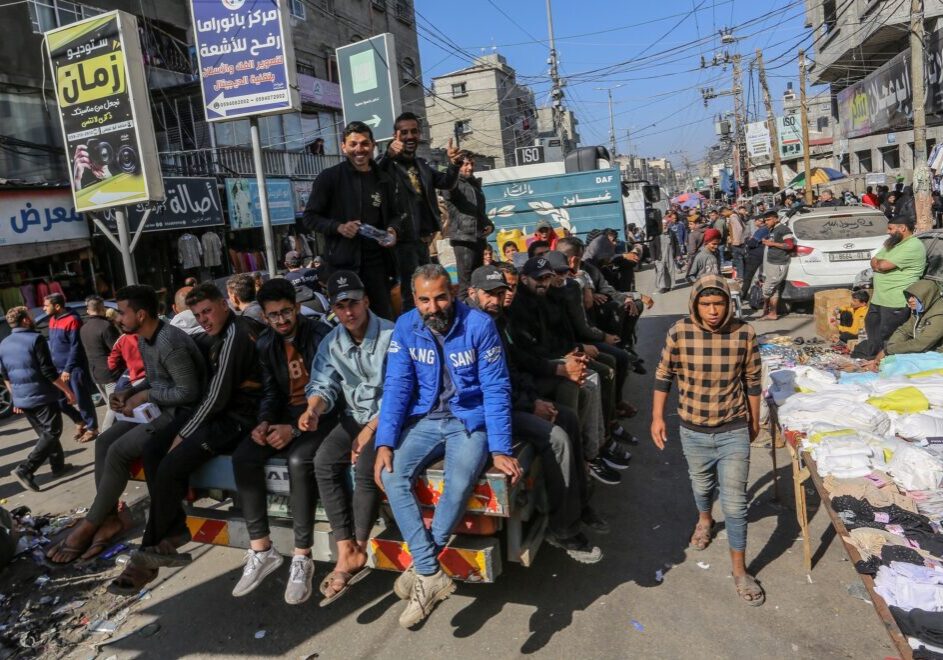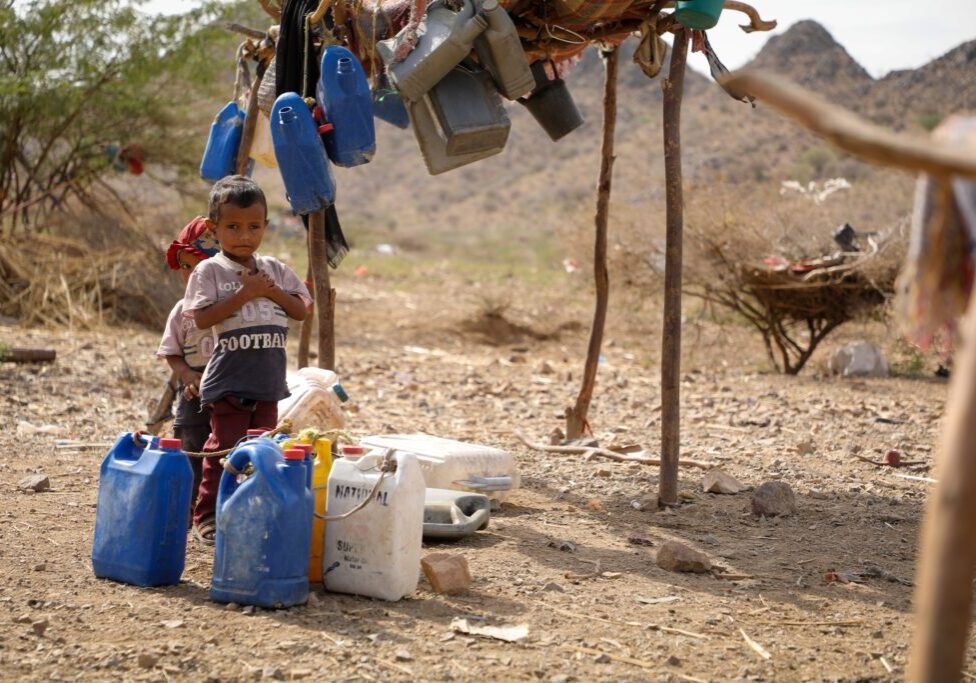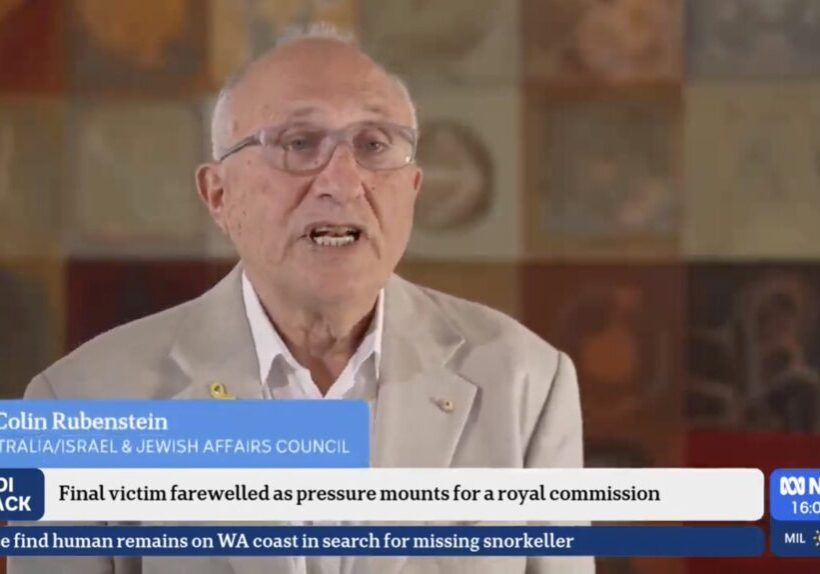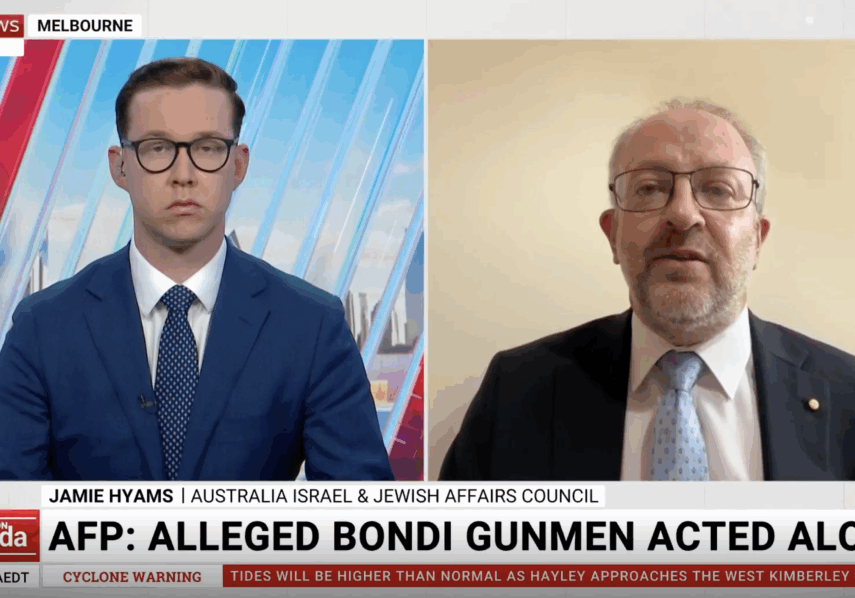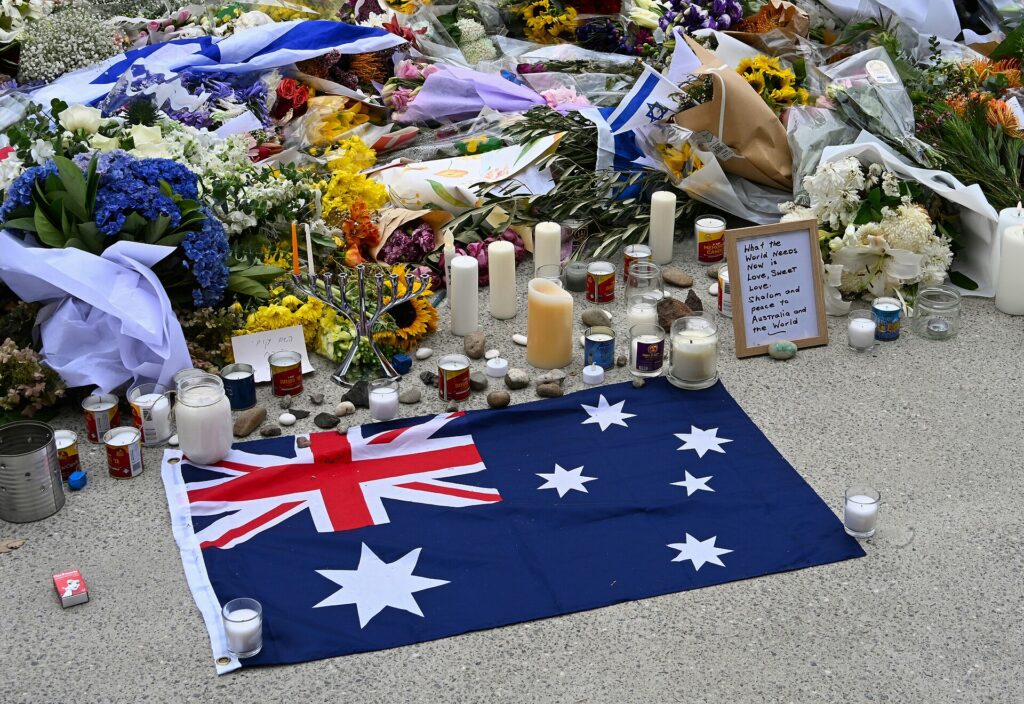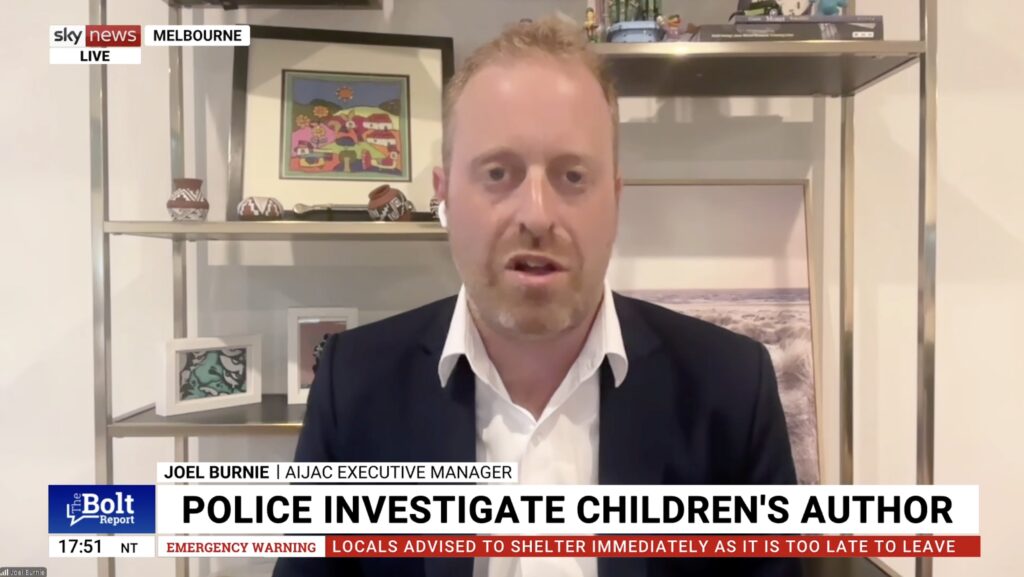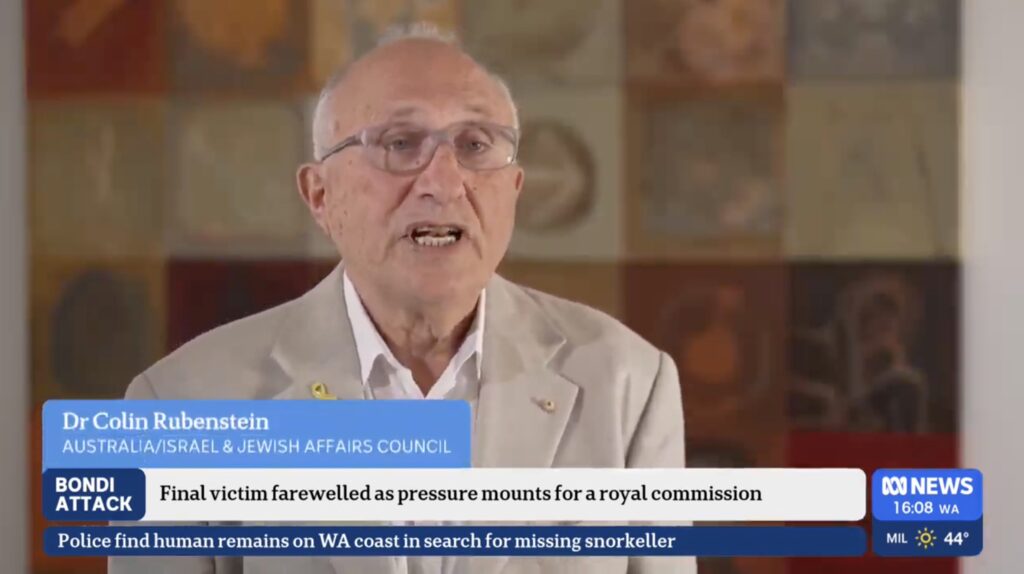FRESH AIR
Lessons from Israel’s fourth COVID-19 wave
August 2, 2021 | Ahron Shapiro
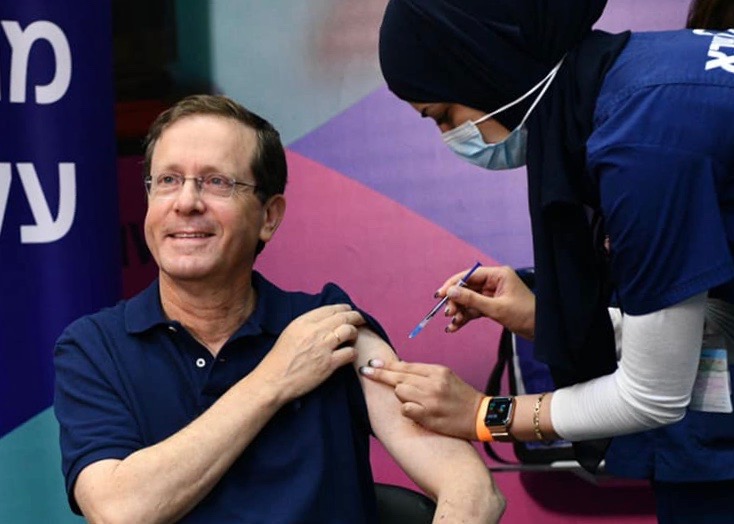
With Israel experiencing rising COVID-19 infection rates from the Delta strain – in spite of the fact that about 70% of the country’s population is fully vaccinated with Pfizer – Australia and other countries are paying close attention to see what can be learned from Israel’s fourth and latest wave.
By July 27, infection rates in Israel had exceeded 2,000 daily cases, and as of August 1, the number of serious cases reached 212 – mostly elderly people with co-morbidities or people who were vaccinated especially early and may be experiencing something of a weakening of immunity to the virus.
By July 29, the Israeli government authorised providing with a third Pfizer shot as a booster to those over the age of 60, making it the first country in the world to do so.
Israeli doctors are reporting that the ratio of seriously ill patients to those infected in this wave overall is much lower than in previous waves, vindicating the drive to vaccinate Israelis even if the vaccines can’t stop the virus entirely.
As Ha’aretz reported on July 26:
According to Health Ministry data published on [July 25], the number of seriously ill patients has jumped to 97 – an increase of 30 patients since last Wednesday. Of the seriously ill, 22 are in critical condition and 17 are on ventilators. In total, 191 coronavirus patients were hospitalized as of Sunday, of whom 113 were vaccinated.
But the number of seriously ill patients has risen much more slowly than the number of cases. The latter figure jumped from 132 to more than 1,400 over the last month, a tenfold increase. Over the same period, the number of seriously ill patients rose from 23 to 97, a fourfold increase.
Before vaccinations began, around four percent of patients became seriously ill. But today, with most of the country vaccinated, an estimated 1.5 percent of patients become seriously ill.
And a Health Ministry study of data from January to July concluded that even vaccinated people with preexisting diseases are better protected against serious illness than unvaccinated people of the same age with no preexisting conditions.
Nevertheless, the fact that 90 percent of Israelis over-50 who have been infected in the current wave had been fully vaccinated is undoubtedly disappointing news for those who had been hoping that vaccinations had the effectiveness to end the pandemic entirely. A feature-length article published in Yediot Ahronot [in Hebrew] on July 15 interviewing seriously infected Israelis who had been fully vaccinated is indeed a sobering read.
Israel has begun a study to determine whether the time is right to administer a third dose of the vaccine to vulnerable people, as a booster shot.
While the latest wave was initially driven by returning travellers from COVID hotspots and children who had not been vaccinated, as the cases mounted it has spread to all segments of society.
Israeli Prime Minister Naftali Bennett has unveiled a plan to reduce infections, focusing on reducing the risk to the public posed by those who have refused to vaccinate, vowing to exclude such people from attending public events.
In spite of the setback, Israeli doctors and scientists are using the challenge of the fourth wave as an opportunity to glean new insights into the long-term effectiveness of the Pfizer vaccine as well as to continue vital work on medical treatments to make COVID less deadly after infection.
New treatments and other technological achievements
On top of the lessons to be gleaned from Israel’s early and extensive vaccination campaign, and its effect on Israel’s fourth wave of COVID-19, Israel also continues to contribute to the global fight against the COVID-19 pandemic through the development of new treatments and testing methods:
• In a promising development, researchers at the Hebrew University of Jerusalem have identified 18 drugs that may reduce the deadliest symptoms of COVID, according to the Jerusalem Post.
• The Jerusalem Post also reported on clinical trials beginning in Tel Aviv on an oral COVID-19 vaccine by Israeli meditech company Oramed Pharmaceuticals that could revolutionise the vaccination process by bringing treatment to remote parts of the world that lack refrigeration facilities for conventional vaccines.
• The television news channel i24 reports on the progress of Israel Institute for Biological research BriLife vaccine that is designed to be more effective than Pfizer for handling COVID-19 virus mutations – past, present and future.
• The Israeli tech website NoCamels reports on the Israeli-developed Enovid Nitric Oxide Nasal Spray (NONS) which has just come on the market. The spray is designed to create an inhospitable environment for the virus in the nasal cavity – where infection initially takes place – before it has a chance to infect the body.
• Similarly, Israel’s Redhill has been working on an oral antiviral treatment Opaganib, designed to supercharge the body’s defences against the virus and preventing its initial spread. Phase Three trials have been completed and the company is expecting to release a report on them in the coming weeks.
• Israel’s MeMed has received European approval for its blood test that can identify which infected patients are likely to suffer a severe reaction to COVID-19 and can therefore be monitored and treated sooner and more effectively.
• Israel is now piloting the use of rapid home testing kits for COVID-19, which can be purchased in pharmacies.
(h/t Israel’s Good News Newsletter)
Also of interest, The Australia-Israel Chamber of Commerce hosted a webinar on July 8 bringing together Australia’s Chief Medical Officer Paul Kelly and Israeli Director of Public Health Services Dr Sharon Alroy-Preis discussing how the lessons of the past year and a half in pandemic management will shape future urgent health care risk frameworks and design. Topics included the challenges posed by international travellers and the possibility that Australia may consider implementing a Green Pass system (such as the one recently reintroduced in Israel) to incentivise vaccinations and decrease the chance of COVID-19 infection in public settings.
Tags: COVID-19, Israel, coronavirus
RELATED ARTICLES
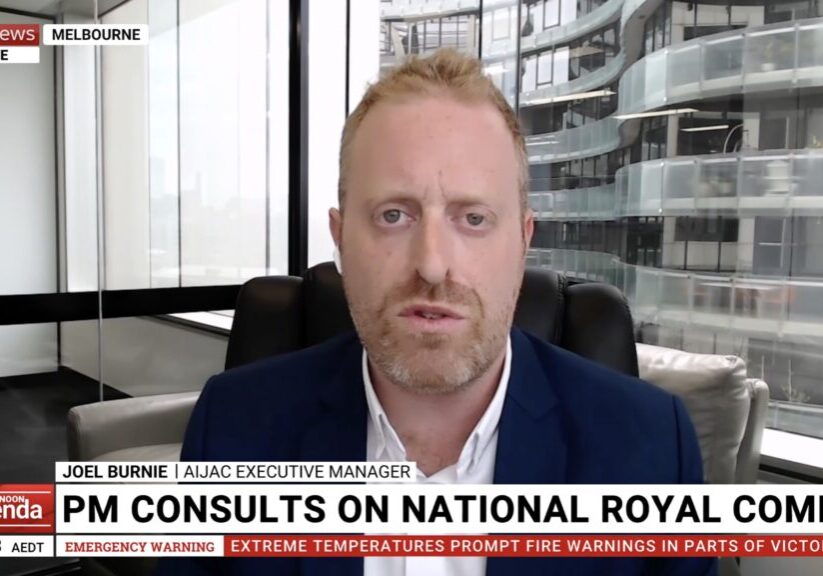
Parameters of a Royal Commission will be crucial: Joel Burnie on Sky News
